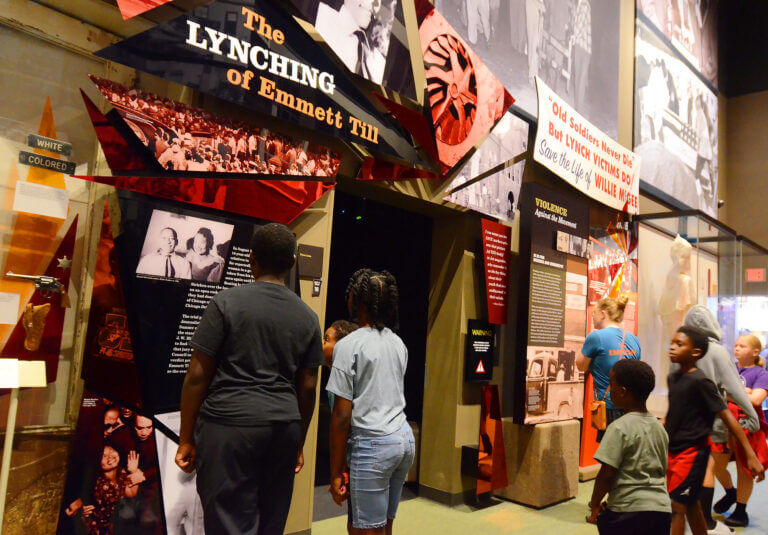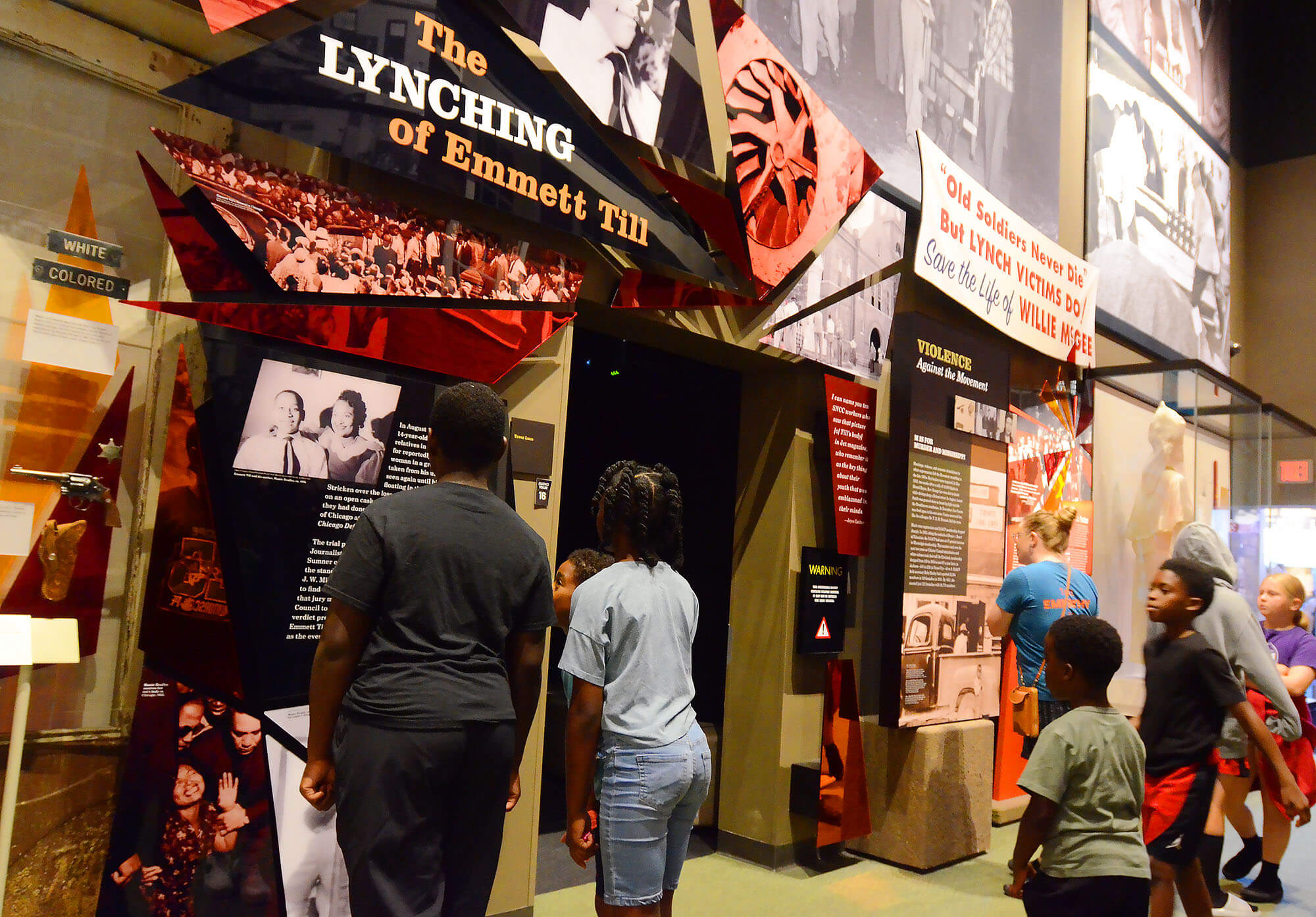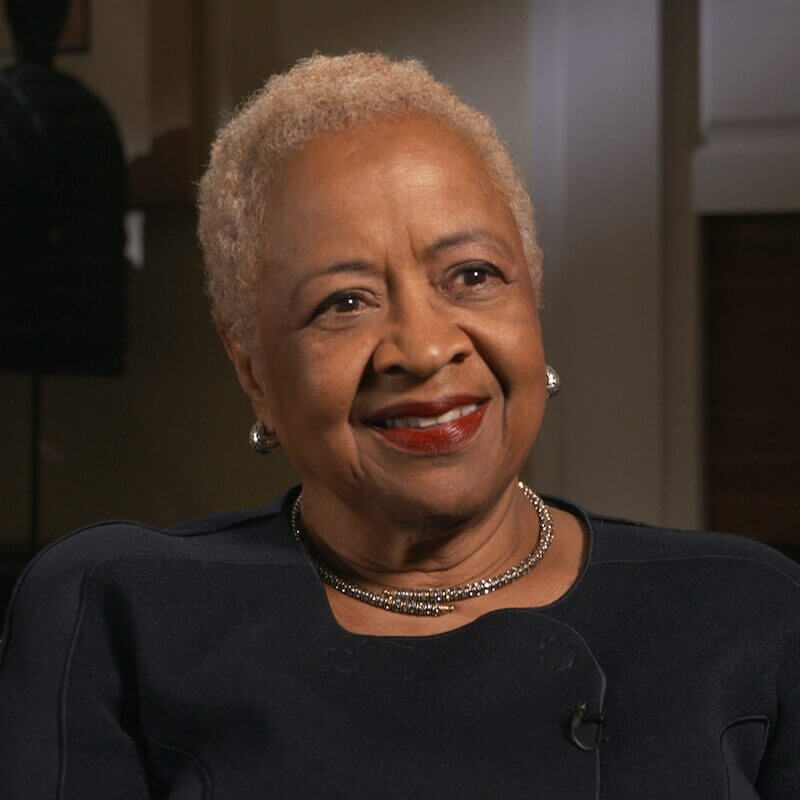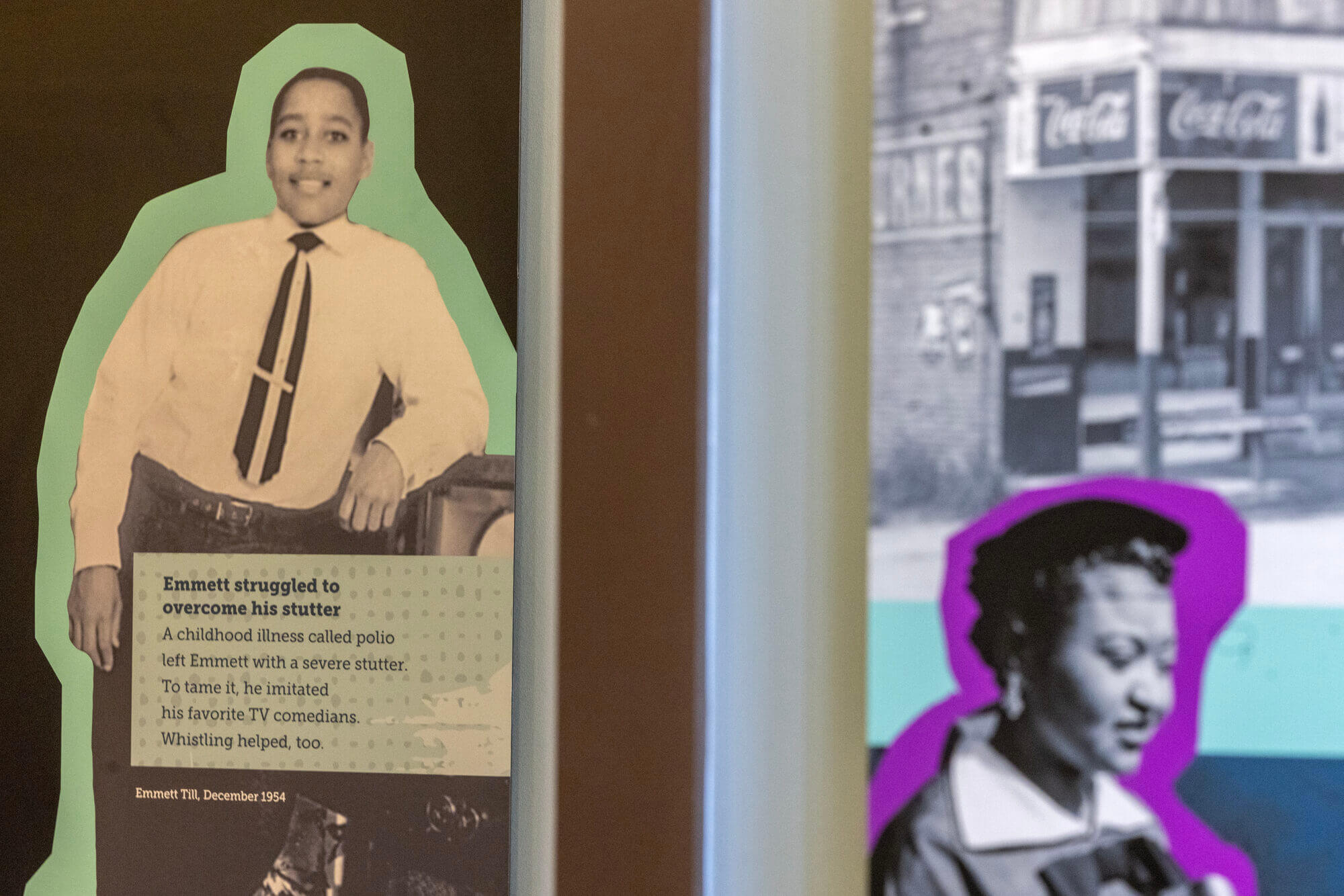

With the 70th anniversary of Emmett Till’s lynching just a week away, more than 6,500 pages of federal records have been released to the public.
The Civil Rights Cold Case Records Review Board released the records on Till’s Aug. 28, 1955, killing, many of them never seen before.

“The release of these records is nothing short of historic,” said board co-chair Margaret Burnham. “The brutal killing of Emmett Till helped galvanize the civil rights movement, and generations of Emmett’s family members, as well as historians and the public at large, have deserved a complete picture of the federal government’s response. The story of Emmett Till and the injustices done to him is still being written, but these documents offer up some long-overdue clarity.”
Davis Houck, the founder of the Emmett Till Archives, said for decades historians have longed to see these records, many of them files of the FBI, which balked at a federal investigation in 1955.
“The federal government has always been the final nut to crack in terms of getting these documents. It’s been frustrating. How far did their investigation go? We haven’t known,” said Houck, the Fannie Lou Hamer professor of Rhetorical Studies at Florida State University. “To get these files unredacted is going to be a treasure for researchers.”
The board shared a handwritten letter from 1955, urging federal authorities to pursue the case. “All decent democratic-thinking Americans demand that your dept take steps to end the lynch terror that now exists in the South,” S.H. Malone of Los Angeles wrote. “When local authorities refuse to act, it is up to the federal govt. They have reached a new low when they murder children.”

The records can be seen at the Civil Rights Cold Case Records portal, maintained by the National Archives and Records Administration. A summary of the Till case can be found on the board’s website, coldcaserecords.gov.
According to the board, Thursday’s release “spans 27 files and consists primarily of records from the 1950s. Three of the files include limited redactions protecting confidential informants and personally identifiable information for living individuals; the other files are released in full.”
The board was created as part of the Cold Case Records Collection Act of 2018, which passed Congress and was signed by President Donald Trump in 2019. A group of Hightstown High School students in New Jersey had championed the law.
The board has the power to review and expedite the release of records involving unsolved or unresolved cold cases from 1940 through 1979. Since last fall, the board has released federal case files spanning 31 incidents, involving 36 victims.
Other board members include: co-chair Hank Klibanoff, Gabrielle M. Dudley and Brenda Stevenson.